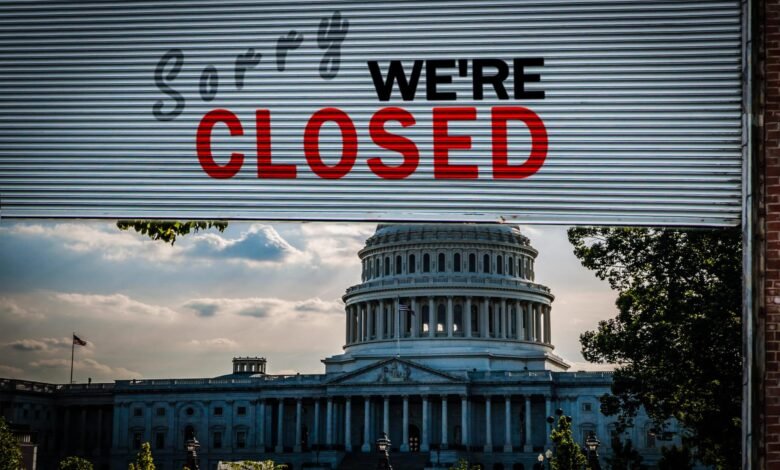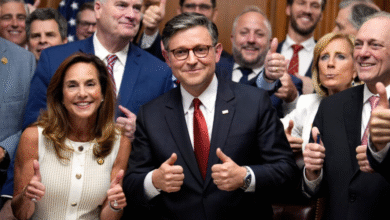Seeds Don’t Wait for Politics

The prospect of another government shutdown may feel like political theater to some, but for those of us in agriculture, and in the seed sector, the consequences are very real.
Every time Washington grinds to a halt, the ripple effects reach our fields, our research labs and our supply chains.
For the seed industry, the risks show up in places that don’t make headlines but matter deeply. USDA agencies like APHIS keep international seed shipments moving, issue phytosanitary certificates, and ensure trade doesn’t stall at the border. When their staff is furloughed or programs are frozen, shipments back up, and companies lose valuable time in getting seed where it needs to go. In an industry built on tight planting windows, even a short delay can cost.
Shutdowns also silence the flow of agricultural data. The National Agricultural Statistics Service (NASS) provides the market intelligence that farmers and seed companies depend on to forecast demand. Without those reports, decision-making shifts from data-driven to guesswork, and uncertainty takes the driver’s seat.
Research is another casualty. Public breeding programs and federally funded projects are often forced to pause when funds are frozen. That doesn’t just slow progress; it risks losing a growing season’s worth of work. For smaller seed companies and university researchers, those lost months can’t easily be recaptured.
Farmers also feel the pinch. When conservation program payments, crop insurance support or disaster aid are delayed, their purchasing power is weakened. That has a direct impact on seed sales, especially when margins are already thin.
As of September 26, 2025, Congress remains deadlocked on a funding deal. The White House’s budget office has taken the unusual step of directing agencies to prepare “reduction in force” plans—permanent layoffs—if a shutdown begins at midnight on September 30 [AP News, The Guardian]. Whether such sweeping cuts can legally or logistically happen so quickly is disputed [Federal News Network], but the warning has raised alarms across federal agencies. Lawmakers are still scrambling: Republicans are pushing a short-term spending patch [AP News] while Democrats are demanding healthcare and tax credit provisions. Both sides say they want to avoid a shutdown, but no agreement has yet emerged [Politico, CBS News]. That leaves agriculture, and our seed industry, facing another round of uncertainty as critical USDA functions hang in the balance.
The seed industry thrives on predictability … of weather, of markets and of policy. Government shutdowns rob us of that. They undermine confidence, create costly delays, and add another layer of uncertainty to a sector already managing climate volatility, global trade shifts and tight margins.
As an industry, we cannot control the political gridlock that leads to shutdowns. But we can continue to raise awareness of how disruptive these stoppages are, not just for agriculture, but for the broader food system and value chain. Seeds are the starting point of every harvest, and when shutdowns interrupt the systems that safeguard, certify and advance them, the entire supply chain feels it.
It’s worth remembering: agriculture doesn’t shut down. Fields still need to be planted, research still needs to move forward and seed still needs to reach farmers. That’s why we should be at the table, reminding policymakers that keeping agriculture running smoothly isn’t optional; it’s essential.
Credit: Source link






